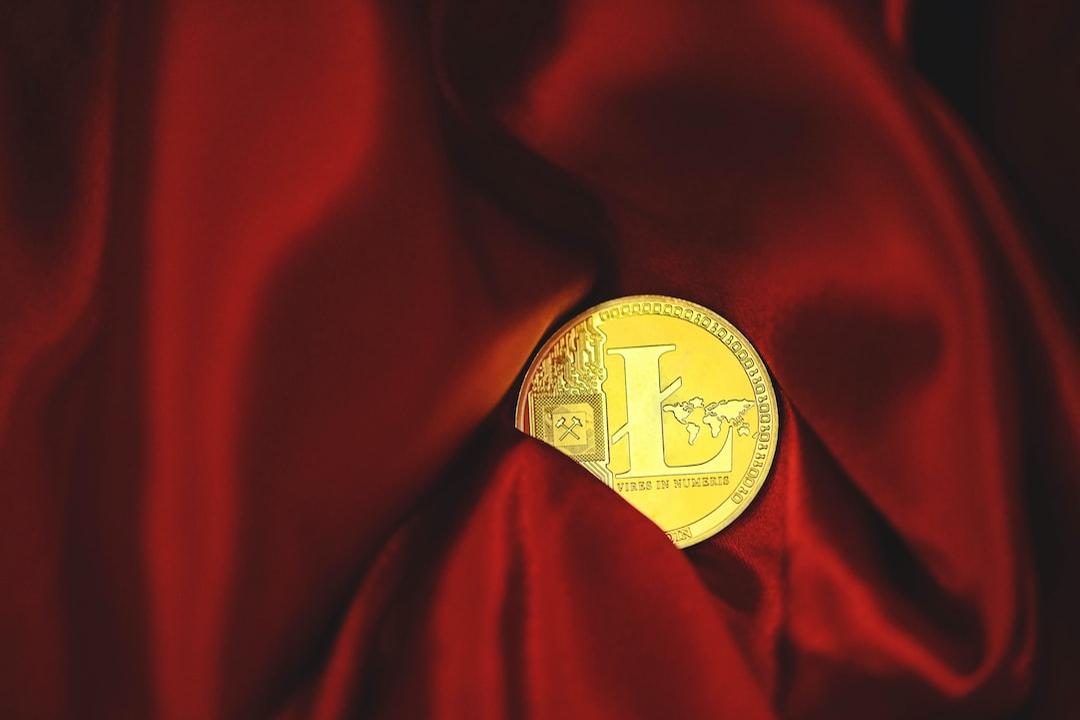Former DOJ Attorney: SEC vs. Coinbase Could Reshape US Crypto Regulation Landscape

By Hongji Feng
Last updated:
June 26, 2024, 05:57 EDT
|
3 min read

The U.S. Securities and Exchange Commission (SEC) has initiated legal action against Coinbase, alleging the exchange facilitated unregistered securities trading. The outcome of this case could significantly influence how cryptocurrencies are regulated in the United States.
In an exclusive interview with Cryptonews.com, former Department of Justice attorney Seth Goertz discussed the potential ramifications of SEC v. Coinbase. He underscored that this case has the potential to redefine crypto regulations in the U.S., impacting not just Coinbase but also other exchanges and the broader market.
Potential Impact of SEC v. Coinbase Case
The SEC contends that several cryptocurrencies listed on Coinbase qualify as securities under U.S. law and should have been registered accordingly. This lawsuit marks a pivotal moment as the SEC seeks to assert regulatory authority over a market that has operated within a legal gray area.
Recent developments saw Coinbase’s attempt to dismiss the case denied, allowing litigation to proceed. The court’s decision suggests the SEC’s claims merit further examination.
Goertz highlighted arguments from both sides. The SEC invoked the Howey Test, a legal benchmark for identifying securities, to argue its case against certain cryptocurrencies traded on Coinbase. In contrast, Coinbase argued that the assets in question do not meet the Howey Test criteria and thus should not fall under SEC oversight.
The implications extend beyond this case. A favorable ruling for the SEC could lead to heightened regulatory scrutiny and compliance burdens for crypto exchanges, potentially reshaping market dynamics.
“If the courts classify Bitcoin as a security, anyone holding or trading Bitcoin on an exchange could fall under SEC jurisdiction,” warned Goertz, who noted that regulated platforms could include major players like Binance and OKX.
Alternative Future of Novelty Coins
Conversely, a ruling favoring Coinbase could reinforce the industry’s view on cryptocurrencies’ decentralized nature and their distinction from traditional securities.
“The essence of cryptocurrency is decentralized finance outside our conventional market economy, where its allure and potential benefits lie,” Goertz emphasized.
“However, if cryptocurrencies face SEC regulation, it blurs distinctions; for instance, how different is Tether from the dollar if both are regulated similarly?” questioned Goertz. He suggested that while Bitcoin, Tether, and Ethereum might face similar regulatory treatment, other cryptocurrencies, like Dogecoin, could face different outcomes even if the SEC prevails.
“There’s a diverse spectrum of novelty coins that don’t fit neatly under the Howey security test,” Goertz added. “These assets are varied and will likely require unique regulatory approaches.”
SEC’s Regulatory Approach
Goertz critiqued the SEC’s assertive stance in regulating a sector now intertwined with global giants.
“The SEC’s aggressive posture reflects its attempt to exert broad regulatory influence in a rapidly mainstreaming crypto landscape,” noted Goertz. “However, overly aggressive enforcement could backfire with unfavorable court rulings.”
He pointed out Congress’s inaction on crypto regulation as a factor driving the SEC’s proactive stance.
“Congress’s passive role leaves regulators like the SEC navigating uncertainties,” said Goertz. “Clear legislative guidance could resolve much of this ambiguity.”
Currently a partner at Dorsey & Whitney LLP specializing in white-collar criminal defense, cybersecurity, and crypto-related investigations, Seth Goertz’s insights underscore the evolving regulatory landscape facing cryptocurrencies in the United States.
Follow Us on Google News


